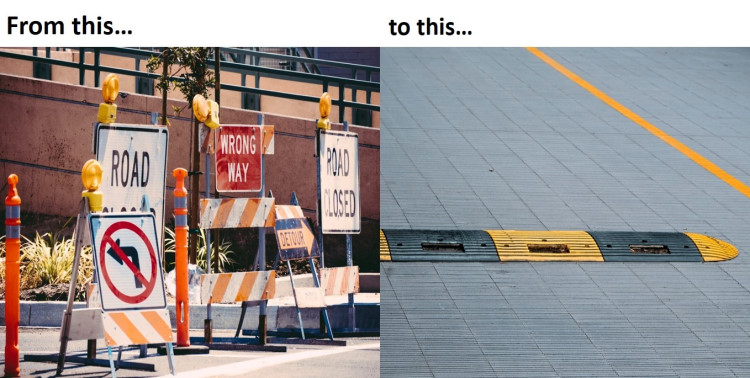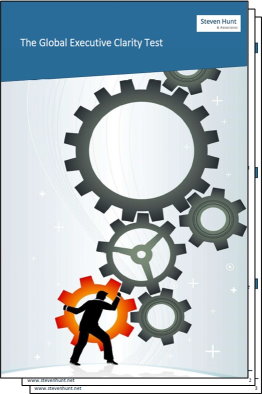At work, it’s not distance or different time zones that are a problem. It’s how you deal with them in your daily dialogs.
For many global managers, long distance equals lower trust.
That’s true, up to a point. The failure rate on complex international projects is 10%-15% higher than local complex projects. Lower trust is one of the biggest factors. We tend to trust people we know and people we see. But there are easy ways around these barriers.
Blablacar is a great example. Founded in 2006, it is now one of the world largest carpooling services with 80 million users in 22 countries.
Back at the start, the founders faced a difficult question: how do you convince people to get into a stranger’s car?
Raise trust by building a community.
You can’t for people to use your platform or get into a car, just like global mangers often can’t force people to prioritise their initiative.
Blablacar’s answer was to build a community. A shared community raises trust. Blablacar built trust around five core elements:
- No anonymous users.
- Identity verification for all users.
- A transaction fee model that minimizes trip cancellations and lost fees.
- Two-way user ratings (i.e. driver rates passenger, and vice-versa).
- Delayed ratings publication (i.e. ratings are public only when both people have rated, to avoid retaliation for low ratings).
The point is these five elements have an excellent mix of compliance and commitment. They reduce the psychological distance between drivers and passengers. They increase trust. The push up user acceptance rates. Ultimately, they raise active user numbers, making the service more profitable.
With frequent , short, focused dialogs… trust is a speed bump, not a roadblock.
As a global manager, your situation is similar to BlaBlaCar’s dilemma. The more distance there are between global locations, the more trust tends to be negatively affected.
Put another way, how many executives do you know who prioritise a “trusting atmosphere” in their implementation plans? Not many.
There is a high failure rate for global roll-outs and strategy alignment plans. At the start, I hear managers talk about all the logical reasons for their Asian/American/European locations to blindly accept Head Office’s latest plans.
The better solution is to get into meaningful dialogs. Listen to local market demands. Spend time with local customers. One Sales VP I know spends one day a month travelling with local salespeople, to understand the specific challenges they face. this is just as important as pushing out centralized plans.
The two things that block global collaboration are:
- silence, and
- not listening.
BlaBlaCar have simply figured out how to get around these. They do what the best global managers do.
They have no anonymous drivers. The best global roll-out plans have a name – one person who is responsible for driving the project forward.
BlaBlaCar’s ratings system is just the same as the trustful dialogs that I see the best global managers using.
The bottom line is: the best global managers know that time and space cannot kill trustful dialogs. Only weak management can do that.
















